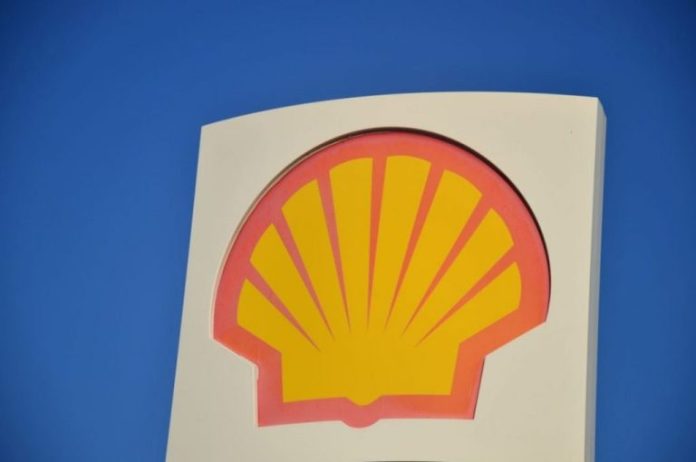LNG giant Shell said on Tuesday it plans to withdraw from its involvement in all Russian hydrocarbons, including crude oil, petroleum products, gas and LNG in a phased manner.
As an immediate first step, the company said it would stop all spot purchases of Russian crude oil and it would also shut its service stations, aviation fuels and lubricants operations in Russia.
Shell previously said it would exit its joint ventures with Russia’s Gazprom and related entities, including its 27.5 percent stake in the Sakhalin-2 LNG export terminal.
“We are acutely aware that our decision last week to purchase a cargo of Russian crude oil to be refined into products like petrol and diesel – despite being made with security of supplies at the forefront of our thinking – was not the right one and we are sorry,” Shell’s CEO Ben van Beurden said.
He said that Shell would commit profits from the limited, remaining amounts of Russian oil the firm would process to a dedicated fund for Ukraine.
“Complex challenge”
Shell continues discussions with governments about the need to “disentangle society from Russian energy flows, while maintaining energy supplies.”
“Threats today to stop pipeline flows to Europe further illustrate the difficult choices and potential consequences we face as we try to do this,” van Beurden said.
Regarding removing Russian crude oil from the company’s chain, van Beurden said Shell would “do this as fast as possible, but the physical location and availability of alternatives mean this could take weeks to complete and will lead to reduced throughput at some of our refineries.”
He also said that Shell would start its phased withdrawal from Russian petroleum products, pipeline gas and LNG.
“This is a complex challenge. Changing this part of the energy system will require concerted action by governments, energy suppliers and customers, and a transition to other energy supplies will take much longer,” he said.
The CEO said these societal challenges highlight the dilemma between “putting pressure on the Russian government over its atrocities in Ukraine and ensuring stable, secure energy supplies across Europe.”
But ultimately, governments would need to decide on the “incredibly difficult trade-offs” during this crisis.
“We will continue to work with them to help manage the potential impacts on the security of energy supplies, particularly in Europe,” van Beurden said.

